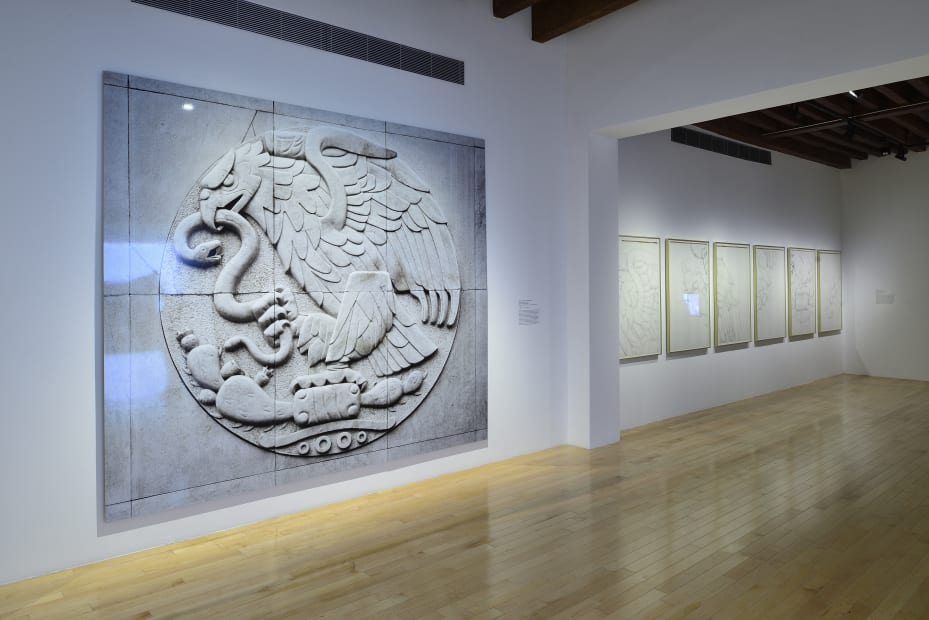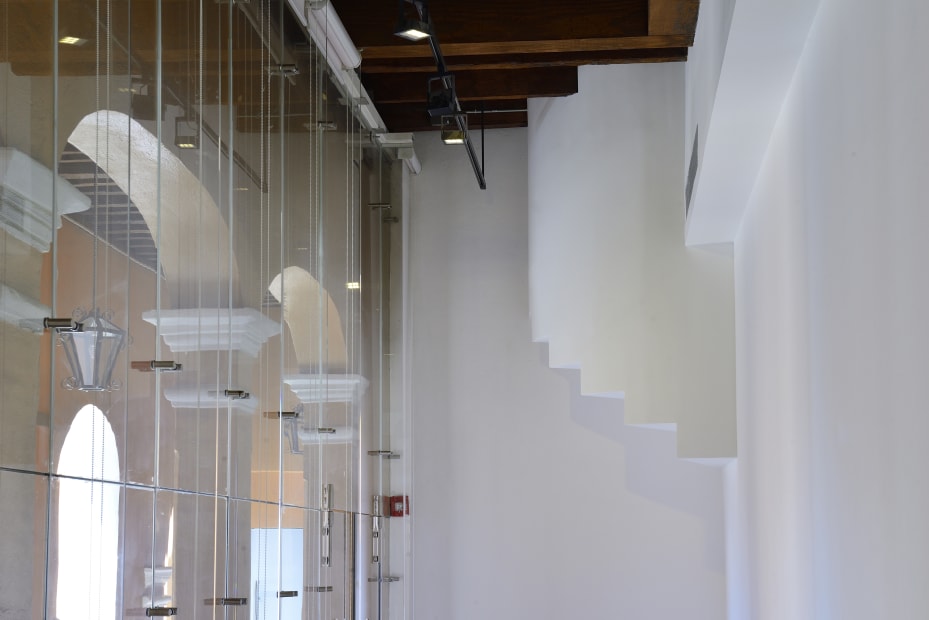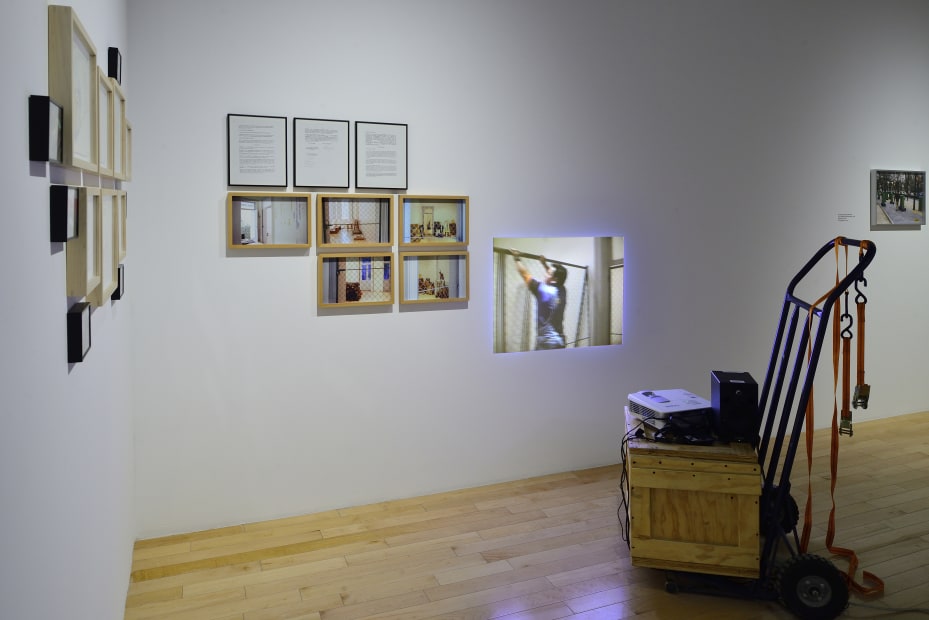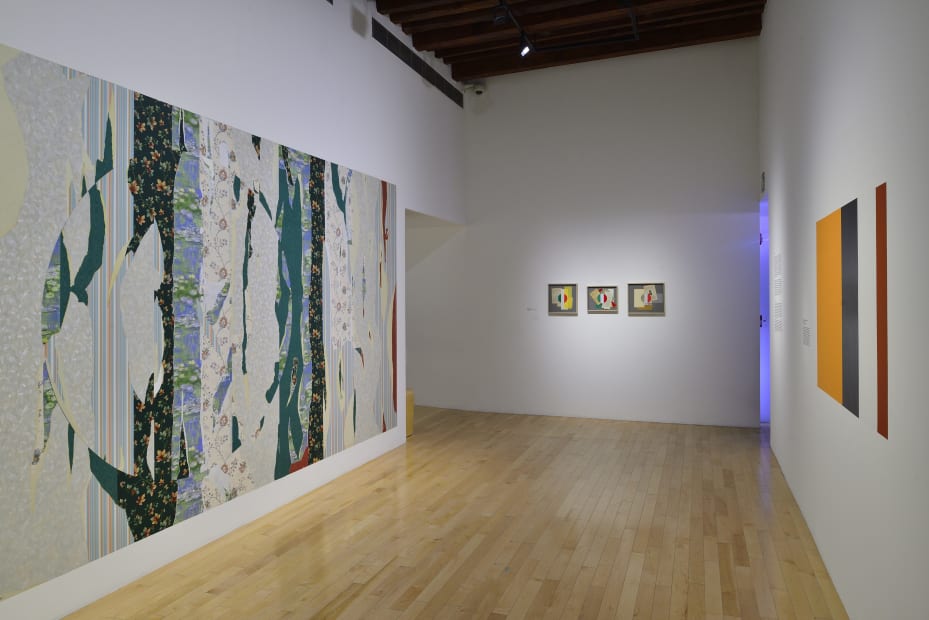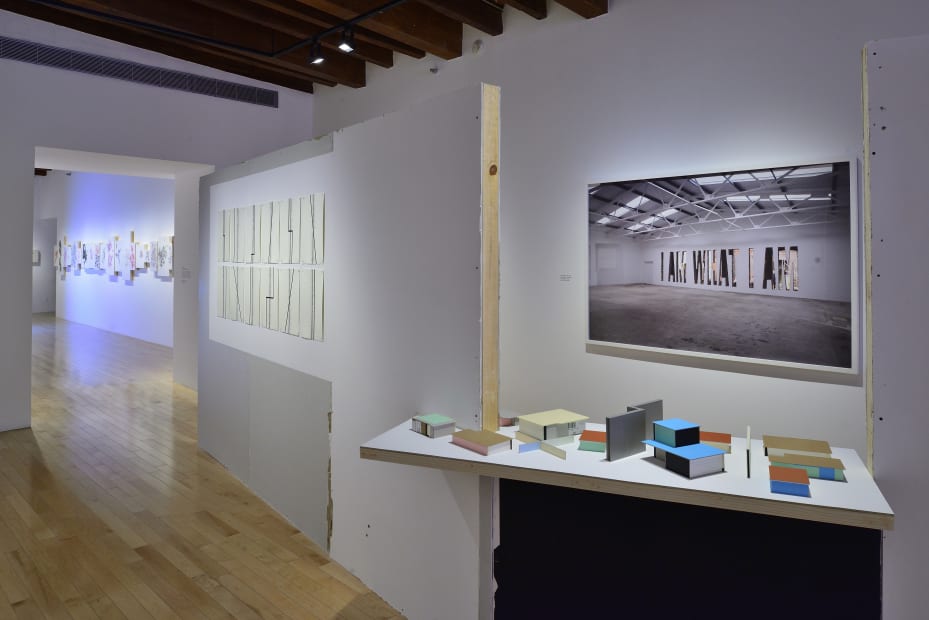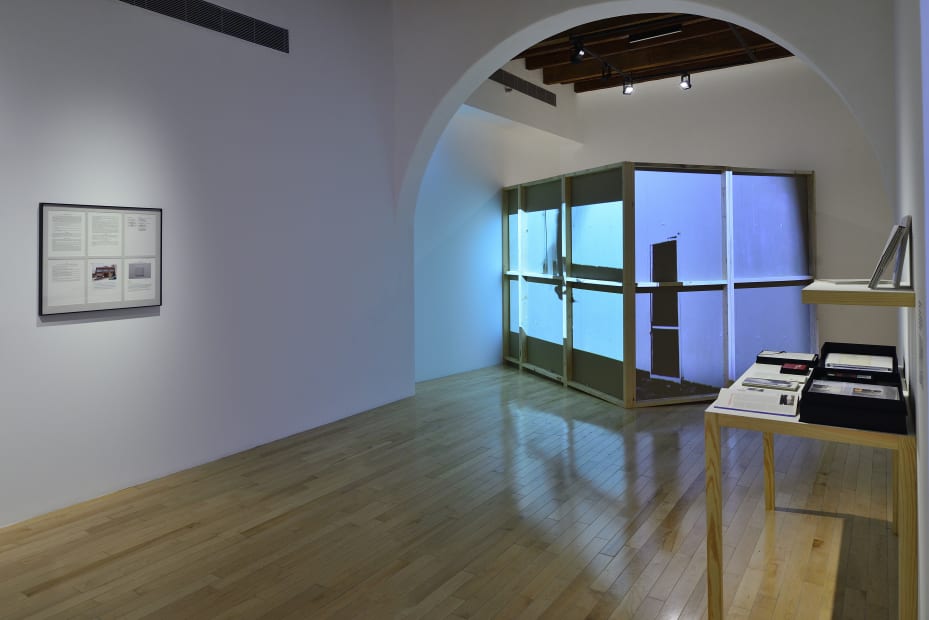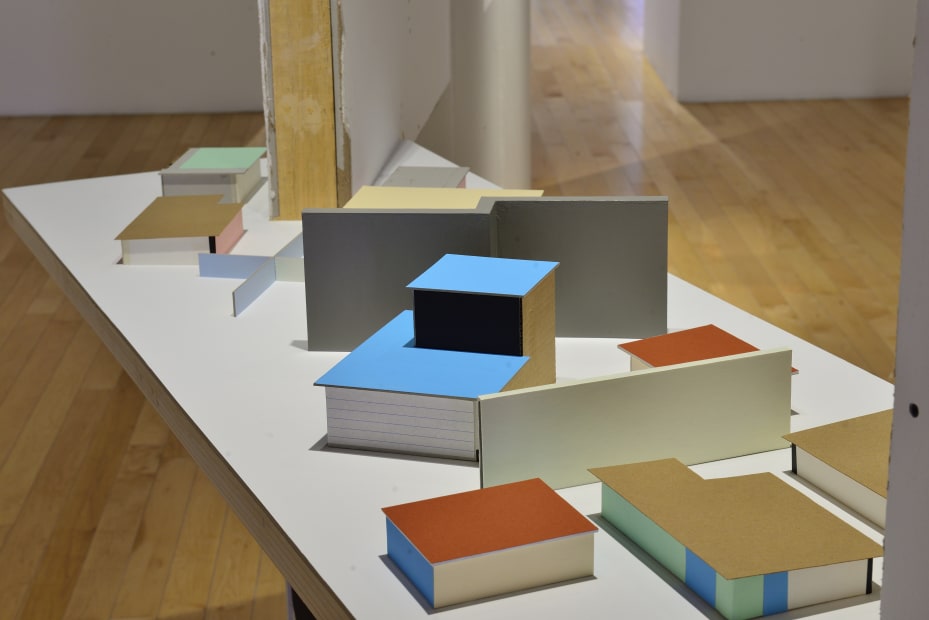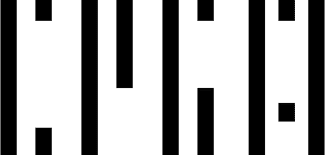The exhibition Tercerunquinto. Obra inconclusa examines the artistic practice of the collective Tercerunquinto over the last two decades. Formed in the late twentieth century in Monterrey, Mexico and integrated by Gabriel Cázares and Rolando Flores, and until 2014 by Julio Castro; the artists have made visible the informal architecture and the uses of unstructured urban borders related to the contemporary megalopolis.
The critical analysis of the social principles of modernity: “progress” and “development,” have allowed the collective to follow the traces of modern ruins, reclaiming them through interventions as an artistic gesture. The association of the space with the architectonic precariousness, the frailty of its components, and the lack of public services are a central part of the discourses presented here: making visible a critical history of the urban outskirts.
The negotiation processes between social actors is another central strategy of Tercerunquinto, following the routes between the city –as a container of artistic institutions– and the urban margins associated with informal appropriations. The collective reflects on the means of empowerment and moves towards the uses of the great architecture –that of museums, art galleries, and other centers of cultural, politic and economic power– and their ideological meanings, inserting themselves into the discourse of institutional critique, a mechanism that moves to a detailed and specific criticism of the faculties of architecture, and a reemphasized challenge of the conditions of operation of the institutions and of their political symptoms.
All this has contributed to shaping Tercerunquinto as a key element in the international scene through the radical practices that emerged in Mexico since the 1990s by making social significance and subcultural inspiration concur in the production of a cosmopolitan critique.
Curator: Taiyana Pimentel, Cuauhtémoc Medina

